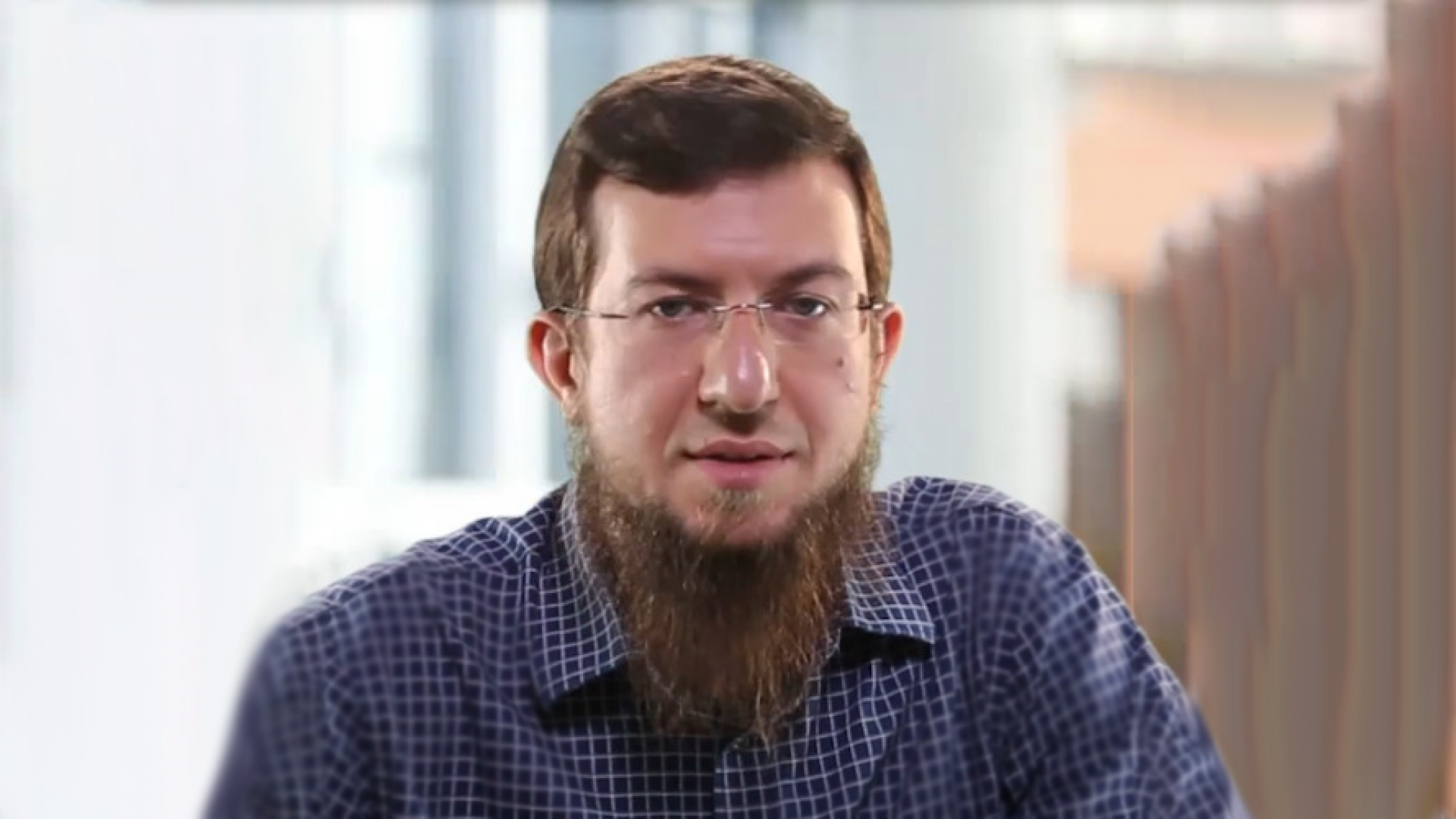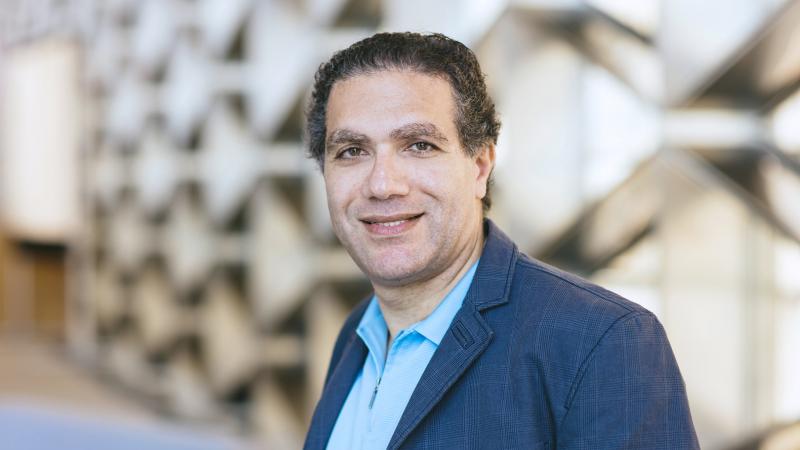By David Murphy
KAUST alumnus Dr. Hesham Omran (Ph.D. '15) has been named as one of the four winners of the Design Automation Conference (DAC) 2022 Under-40 Innovators Award. The award recognizes the top young innovators who have made a significant impact in the field of design and automation of electronics.
Sponsored by the Association for Computing Machinery and the Institute of Electrical and Electronics Engineers, the DAC is recognized as the largest industry event for electronic circuits and systems and electronic design automation (EDA). Omran will receive his award at the 59th DAC in San Francisco, U.S., from July 10–14, 2022.
“It is thrilling to receive such an international honor,” Omran said of his award. “The award recognizes my contributions to the field of design and automation of electronics, so it is a great privilege to be selected.”
Mastering microelectronics
Under Professor Khalid Nabil Salama's supervision, Omran obtained his Ph.D. in electrical engineering from KAUST in 2015 before rejoining the Integrated Circuits Lab (ICL) at Ain Shams University (ASU), Egypt, in 2016. At ASU, the former Sensors Lab researcher holds the rank of associate professor in the Department of Electronics and Electrical Communication Engineering.
His Mastering Microelectronics Research Group is focused on the design automation of analog integrated circuits (IC). Creating analog circuits remains a time-consuming manual task that impacts semiconductor chip development costs and time-to-market. As a result, the group develops productivity and optimization tools to help analog designers achieve their goals in a shorter time and with better quality.
Master Micro, the company founded by the Egyptian researcher, uses a novel electronic design automation tool, the Analog Designer's Toolbox, to define a new paradigm for analog IC design. Moreover, he has created a YouTube channel called "Mastering Microelectronics," which has more than 8k subscribers and serves as a resource for those interested in learning more about microelectronics.
So far, he has designed and taught several advanced courses to an international audience on analog IC design, computer-aided circuit design, systems design, CMOS data converters, RF circuit design, and digital IC design.
“I co-founded Master Micro to commercialize our analog design automation tools, and we currently have several customers in the United States and Europe. Not only do we create great productivity tools for the industry, but our tools are also fantastic learning and teaching tools for many universities and institutes worldwide,” he noted.
Omran credits his time at KAUST for profoundly influencing his career, a career that continues to pick up notable accolades as it advances. Just last year, he received the highest scientific honor awarded to young researchers in Egypt, the prestigious Egyptian State Encouragement Award in Engineering Sciences. This achievement is particularly commendable in light of the award's highly selective nature.
“The mentorship, facilities, and generous research funding at KAUST enabled me to design and experimentally validate several semiconductor chips. Not only did this result in several quality publications, but it also gave me a big deal of knowledge and experience that I am currently using to teach the next generation of students,” he concluded.

